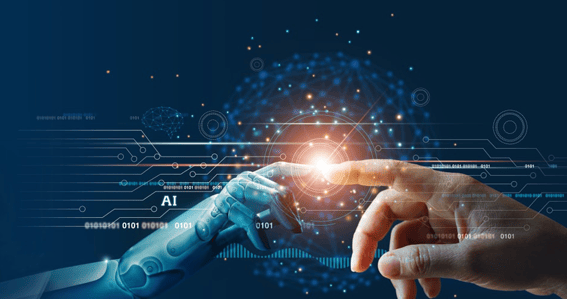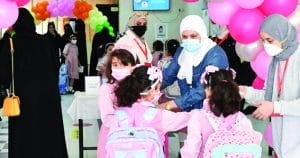It seems that we are on the verge of a cognitive and informational “tsunami” that will change the simple in the next five years!
One of the promising models for the future of knowledge is what is called “ChatGPT”, where there are no duplicates in the content, and logical answers are formulated in a manner that simulates humans, supported by accurate data, and a sober style of presentation.
Education is the first to be affected by such models. You can imagine that a teacher or an academic lecturer asks a student to research a topic, and the latter uses artificial intelligence technology to carry out this task, then in just a matter of minutes, the student will have unique, unquestionable research! Or a proposal for a presentation, or code to solve a specific problem!
The next stage will put new complications on the shoulders of the teacher in verifying the real role of his student in building his knowledge if he is asked to carry out a research activity or to answer a question, and learning will lose other important elements, such as exploration, critical and creative thinking, and metacognitive! It also makes it difficult for the teacher to detect cheating and prevents him from assigning students to cooperative research.
Despite the previous challenges, artificial intelligence has a large number of advantages. For example, students can be trained on how to use (ChatGPT) in self-learning, developing language and programming skills, and proposing solutions, provided that the teacher’s role in employing technology changes.
It is known that developing the capabilities of our teachers is one of the inevitable necessities, but with this rapid change, it has become more urgent, in understanding the upcoming changes in their role, at the level of their preparation programs in universities, and during service, keeping pace with the upcoming radical development, and developing their ability to interpret and direct learning processes. I have their students.
It seems that we are standing on the cusp of the fifth industrial revolution after the fourth is about to close its door, and I ask God that this development be a service to humanity and the building of civilization.
Akram Farwana / Education Technology Specialist – Palestine




